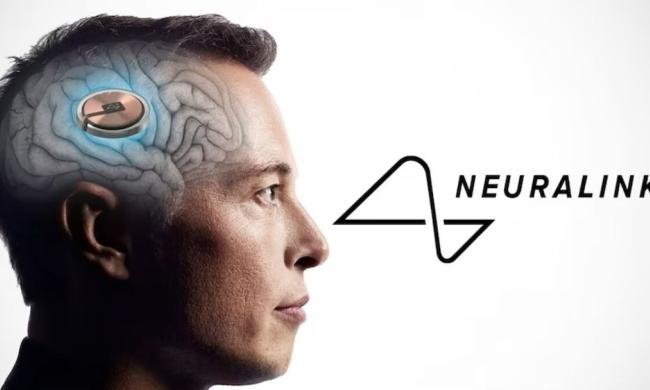Computer-powered brain: How Elon Musk’s Neuralink seeks to digitized the human mind
Neuralink, a brain-chip startup founded by American billionaire and X (formerly Twitter) Chief Executive Officer, Elon Musk, on Sunday carried out its first human patient implant.
The first human patient who received the implant of the chip is recovering well, according to Musk.
Musk in a post on X on Monday said that “Initial results show promising neuron spike detection.”
Musk added that the chip “enables control of your phone or computer and through them almost any device, just by thinking.”
Reuters reports that spikes are activity by neurons, which the National Institute of Health describes as cells that use electrical and chemical signals to send information around the brain and to the body.
According to Reuters, the U.S. Food and Drug Administration had given the company clearance last year to conduct its first trial to test its implant on humans, a critical milestone in the tech giant ambitions to help patients overcome paralysis and a host of neurological conditions.
Neuralink in September 2023 said it received approval for recruitment for the human trial.
The study uses a robot to surgically place a brain-computer interface (BCI) implant in a region of the brain that controls the intention to move, Neuralink said previously, adding that its initial goal is to enable people to control a computer cursor or keyboard using their thoughts alone.
The implants’ “ultra-fine” threads help transmit signals in participants’ brains, Neuralink has said.
Musk said in a separate post on X that the first product from Neuralink would be called Telepathy.
The startup’s PRIME Study is a trial for its wireless brain-computer interface to evaluate the safety of the implant and surgical robot.
The company has faced calls for scrutiny regarding its safety protocols.
According to Reuters, earlier this month the company was fined for violating U.S. Department of Transportation (DOT) rules regarding the movement of hazardous materials.
The company was valued at about $5 billion last June, but four lawmakers in late November asked the U.S. Securities and Exchange Commission to investigate whether Musk had misled investors about the safety of its technology after veterinary records showed problems with the implants on monkeys included paralysis, seizures and brain swelling.
Musk had reportedly wrote in a social media post on September 10, 2023 that “no monkey has died as a result of a Neuralink implant,” adding that the company chose “terminal” monkeys to minimise risk to healthy ones.








More Stories
Teenager in viral photo of Obi’s 2023 presidential campaign rally, Alabi Quadri languishes in jail
Ribadu tells families of kidnapped victims not to pay any ransom
Ozigbo rejects Anambra APC guber primary, calls it a theft